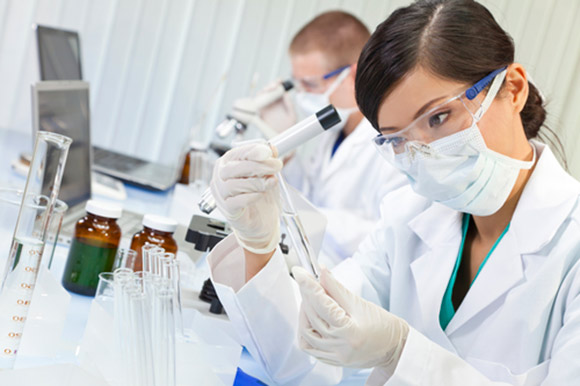New Research: UroSEEK Test Looks for Gene Mutations Causing Bladder Cancer
Dear Friend,
What if you could determine your need for bladder cancer treatment from a routine urine sample, just like many other medical conditions? Scientists have recently developed a test that could make this a reality.
Using Gene-Based Testing for Early Cancer Detection
A team of researchers at Johns Hopkins Kimmel Cancer Center has been studying cancer genes to find more effective methods of early detection. Earlier this year, they announced a new blood test called CancerSEEK, which screens for eight different types of cancer, and PapSEEK, which screens for endometrial and ovarian cancers via cervical fluid samples.
In a study published in March, the team revealed the addition of another test called UroSEEK. Urine samples are analyzed for the presence of gene mutations or abnormal numbers of chromosomes, both of which are associated with bladder cancer and upper tract urothelial cancer (UTUC).
Identifying New Cancer Cases and Recurrences
During clinical studies involving 570 at-risk patients, UroSEEK had an 83 percent success rate identifying those who did develop bladder cancer. When UroSEEK was used in conjunction with cytology, the standard test for bladder cancer, accuracy rose to 95 percent.
According to Dr. David McConkey of the Johns Hopkins Greenburg Bladder Cancer Institute, bladder cancer has a high rate of recurrence. Another benefit of UroSEEK is that it can be used to effectively monitor patients who have already undergone treatment for bladder cancer.
Individualized Cancer Treatment for Each Patient
At Issels®, we have been using FDA-approved gene-targeted therapies as one of the components of our integrative cancer treatment programs. Contact us for more information about our non-toxic protocols.




 |